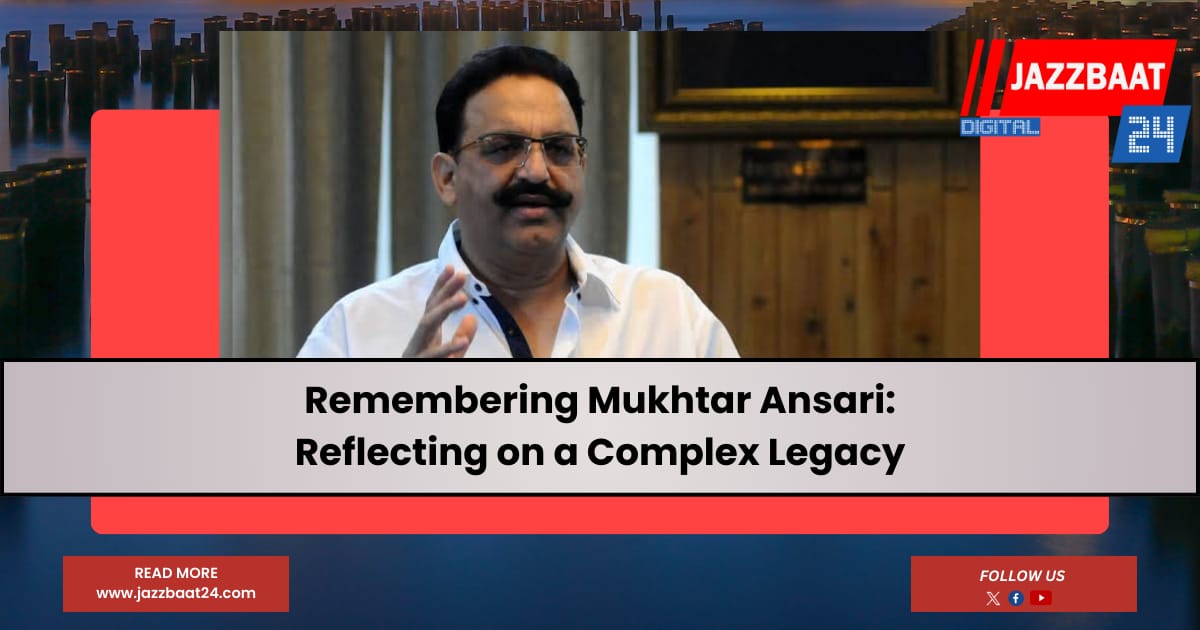"Controversial Figure's Passing Sparks Debate and Reflection"

The demise of Mukhtar Ansari, a former gangster turned politician, has sent shockwaves through the political landscape, prompting reflection on his complex legacy. Ansari, who passed away due to cardiac arrest, leaves behind a contentious legacy characterized by a blend of criminal allegations, political influence, and social activism.
Mukhtar Ansari's journey from the underworld to the political arena has been marked by controversy and scrutiny. His involvement in various criminal activities, including alleged connections to organized crime syndicates, has earned him notoriety and legal troubles throughout his career.
However, Ansari's entry into politics added another dimension to his persona, as he sought to leverage his influence and resources to address issues facing his constituency. Despite facing multiple criminal charges, including those related to murder and extortion, Ansari managed to secure electoral victories and wield significant political clout in Uttar Pradesh.
His death has reignited debate about the intersection of crime, politics, and governance in India. Critics point to Ansari's criminal background as evidence of the erosion of ethical standards in politics, while supporters highlight his efforts to champion the cause of marginalized communities and provide social welfare initiatives.
Moreover, Ansari's passing has raised questions about the effectiveness of the justice system in holding individuals accountable for their actions. The prolonged legal battles and controversies surrounding Ansari's criminal cases underscore the challenges of ensuring swift and impartial justice in India's legal framework.
As news of Mukhtar Ansari's demise spreads, there is a call to action for a balanced and nuanced appraisal of his legacy. While acknowledging his criminal past and the allegations against him, it is also essential to recognize his contributions to public service and community development, however controversial they may be.
Furthermore, Ansari's death serves as a reminder of the need for comprehensive reforms in India's political and judicial systems to prevent individuals with criminal backgrounds from gaining undue influence and perpetuating corruption. Strengthening accountability mechanisms and promoting transparency in governance are critical steps towards building a more just and equitable society.
In conclusion, Mukhtar Ansari's passing prompts reflection on the complexities of his life and legacy. As the nation grapples with the implications of his death, there is an opportunity to engage in constructive dialogue about the intersection of crime, politics, and governance, and to work towards building a more accountable and inclusive democracy.